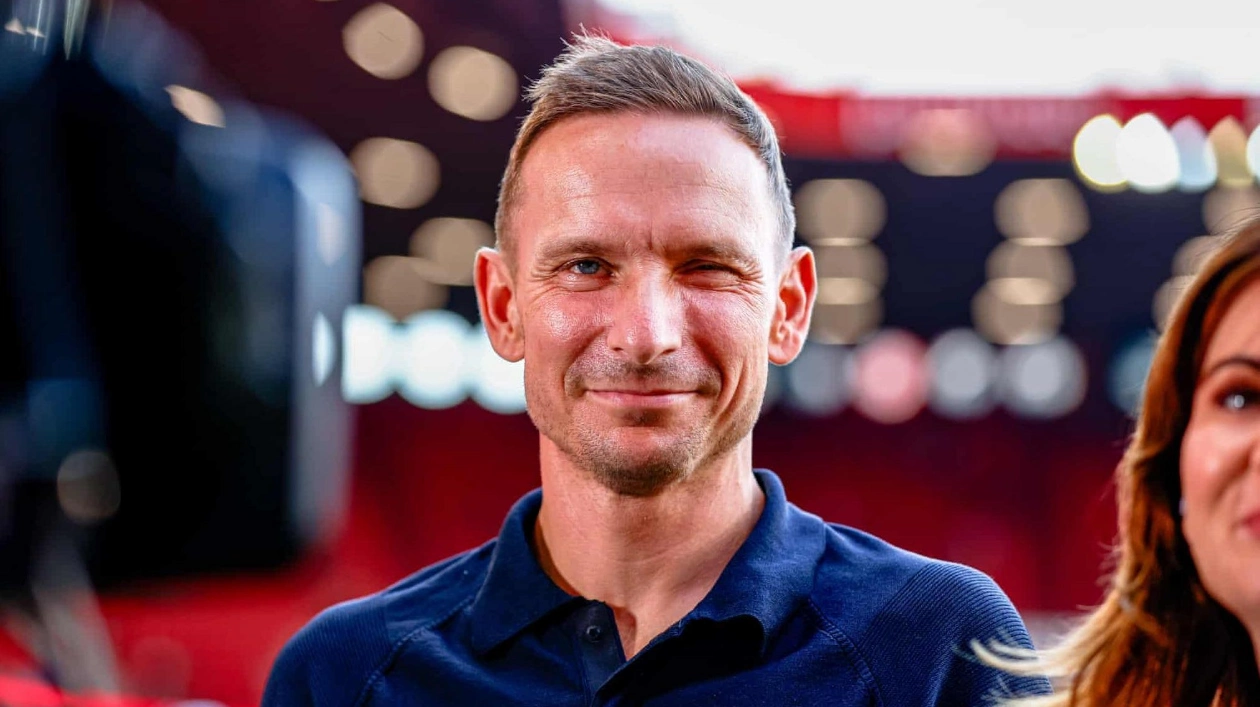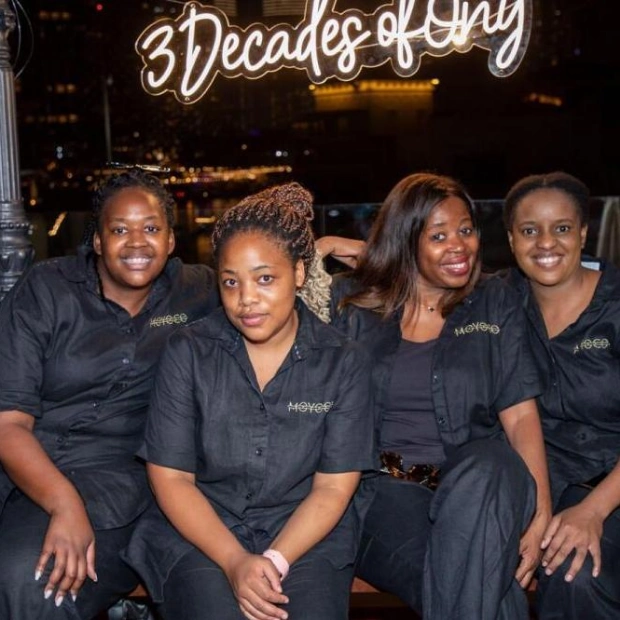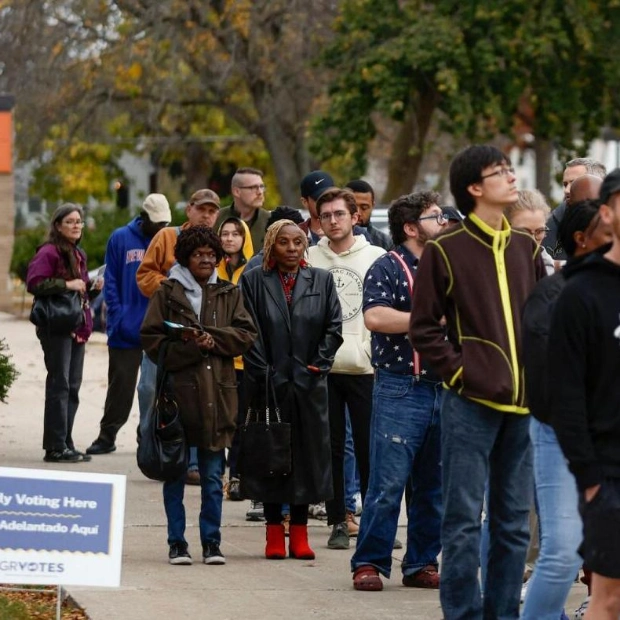After four months as Red Bull Salzburg’s head coach, Pepijn Lijnders has navigated a rollercoaster of emotions. Jürgen Klopp’s former Liverpool assistant secured six wins and two draws in his first eight matches but has since faced a challenging stretch marked by three heavy defeats. Despite this, his resolve remains unshaken. This role, after all, has been a long-awaited opportunity. Since the announcement in January that Klopp and Lijnders would leave Anfield at the end of the season, the Dutchman has been receptive to offers, inviting several clubs to his home in Formby to discuss their visions. Salzburg was among them, and their interest was not new.
“They had shown interest the previous summer, and this year, the decision to join Salzburg became clear in my mind,” Lijnders explains. “What attracted me was their academy, the club’s football philosophy, and the chance to embark on a new adventure in a different country, with a new language and new people.” Lijnders, who played a crucial role in integrating young talents like Trent Alexander-Arnold into Liverpool’s first team, sought a club focused on nurturing young players. Salzburg, however, also wanted him to enhance their pressing style.
“I advocate high intensity and counterpressing, but I also have a clear vision for our ball play,” he says. “At Liverpool, we faced similar challenges as opponents adapted, forcing us to find solutions with the ball. Salzburg emphasized their desire to develop their ball game, which became our task. We are currently working on this without neglecting the pressing aspect.” A year earlier, Lijnders chose to remain with Klopp at Liverpool.
“We had just endured a tough season, though we won seven of the last nine games, qualifying for the Europa League,” he recalls. “That summer, we agreed to at least another season and reassess in January. But it soon became evident that this would be our final season, even as things were going well.” This meant leaving two years before their contracts were set to expire. “Jürgen sought a sabbatical to spend time with family and friends, and for me, it felt like the right moment to become a head coach, which aligned well.” They initially planned to announce their departure in December but informed the public a month later.
“We didn’t want to dampen the Christmas spirit for Liverpool fans,” Lijnders quips. He and Klopp are set to reunite soon, with the German appointed as Red Bull’s global head of soccer. From January, Klopp will advise Red Bull clubs on playing philosophy, transfer strategy, and coaching development. “I’m delighted Red Bull has secured Jürgen, as he’s been an iconic manager,” Lijnders says. “He will provide those clubs with a strong identity in playing style, leadership, and humanity.” Lijnders stresses that Salzburg operates independently but notes that his relationship with Klopp will remain unchanged.
“We will always be close; he will always be there to offer a helping hand and advice,” he says. At Liverpool, Klopp was receptive to Lijnders’ ideas, fostering deep mutual trust. “He knows me inside out; he understands exactly what’s happening and how I’m feeling,” Lijnders says. “With his vast experience and knowledge, I can always reach out if needed.” Recent weeks have tested Lijnders, with three defeats, two wins, and a draw in the last six games. Salzburg’s Champions League campaign saw losses to Sparta Prague and Brest after qualifying through two rounds, followed by a 5-0 drubbing by Sturm Graz.
“Qualifying for the Champions League was a significant achievement, but it also presents a massive challenge for our young squad,” Lijnders says, looking ahead to hosting Dinamo Zagreb next Wednesday. He describes the group as “eager to learn and brimming with talent” but acknowledges the impact of injuries to key players like Maurits Kjærgaard, Aleksa Terzic, and Daouda Guindo. The hectic schedule left little time for training, but Lijnders sees hope.
“Fortunately, we have nearly everyone back, and this week’s training has been productive,” he says. To instill specific patterns, Salzburg’s players undergo targeted exercises and drills. Lijnders elaborates on these and their underlying concepts. “We conduct counterpress rondos, where three teams of three engage in a six-versus-three game. The team that loses possession becomes the chasing pack. This drill focuses on responsiveness. We also play seven-versus-six identity games, spanning the length of the pitch, with each team defending the halfway line. One team always has one player fewer, requiring better coordination and heightened concentration for pressing and ball control.”
The transition from assistant to head coach felt natural for Lijnders. “I’ve long awaited this step and thoroughly enjoy it. I love coaching and being on the pitch daily. The beauty of this job is helping players improve and striving to make the team better.” There is continuity and difference. “At Liverpool, I also prepared and executed training sessions, feeling responsible for the team’s performance. Here, I relish the sole responsibility and decision-making, knowing it rests on my shoulders.” Last season, Lijnders experienced a trophy win with a young Liverpool team in the Carabao Cup.
“It was a dream come true. Playing a final at Wembley with homegrown talent was fantastic, with fans cheering us on to victory in extra time.” Lijnders is pleased to see Liverpool’s positive trajectory under Arne Slot but clarifies he had no role in his compatriot’s appointment. He knows Slot well and believes the 46-year-old is well-suited. “Arne knows exactly what he wants, which is his strength. He’s doing an amazing job, and it’s great to see the group’s hunger and potential for continued development.” He sees similar qualities in his Salzburg team, hoping to reap the rewards of his efforts.






